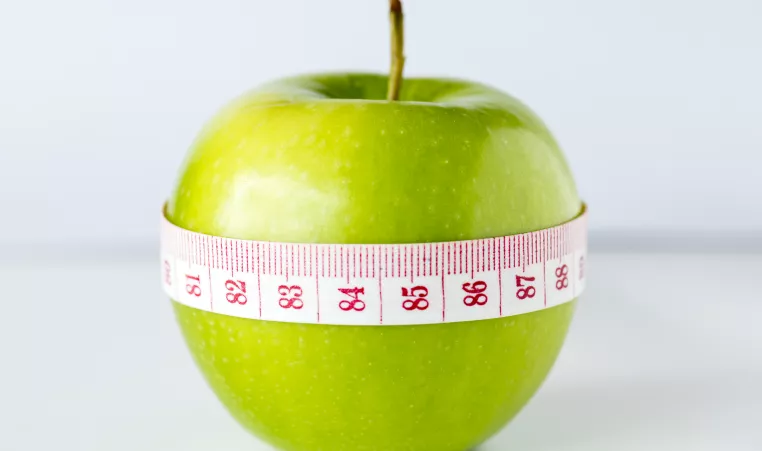
Dieting is a topic that many people have questions on. At the Y, we are proud to look at your health and wellness journey from a holistic approach -- focusing on what goes in our bodies as much as what we do on the outside of them. Sarah Lane, Health and Wellness Director at our Westside Family YMCA, recently shared some her thoughts about diet culture and some things to consider.
The "D" word. I don’t like to use the word "diet" when it comes to the way that we eat because of the associations it has taken on over the years. I prefer to talk about “nutrition” and “eating styles” or “the way we eat.” For many, the word diet drums up thoughts of calorie restriction and bland, tasteless foods – an instant turnoff! Food is meant to be enjoyed; that’s why we have taste buds!
For many, “diet” also implies temporary (often drastic) changes in eating style, not long-term, sustainable habit changes. To me, it makes sense to build a balanced nutrition plan around someone’s current eating style and preferences instead of assigning a plan that might be foreign and unnecessarily uncomfortable. It’s wise to meet with a registered dietitian or qualified nutrition coach to review the way that you like to eat. You’ll work together to recognize where you are and where you are not able to be flexible (and happy) with your food. From there, you can work together to pinpoint some small changes to implement right away and then continue to make shifts in the right direction over time, instead of all at once.
Remember that our health and behavioral health journeys are rarely linear. You can expect to be on and off the wagon over time, but it is important to develop the confidence and knowledge to ultimately hold the course of positive health behaviors such as a balanced diet, regular physical activity, and recommended preventive health care, for the long haul.
Another word I could chew on for a while is “healthy.” What deems something, food or behavior, as healthy? As a health professional, this has become one of the most relative words I know, and I’m not short on words! It helps to have some guiding points and principles. Here are just a couple of questions I like to ask myself when I am focusing on my own nutrition:
- What nutritional value does this food offer me? Meaning, outside of providing energy through calories, is it nutrient-dense? According to the American Heart Association, “nutrient-dense foods are rich in vitamins, minerals, and other nutrients important for health, without too much saturated fat, added sugars, and sodium.” This is in comparison with empty calories, which are high in calories or ‘energy-rich’ but nutrient-poor. I call empty calories the fluffy stuff and I try to reduce these items in my own diet when I’m being mindful of it.
- Why am I eating? Am I eating because I’m hungry? Appetite can be triggered by true hunger, habit, sites, smells, emotions, the list goes on! Pay some mind to not only why you are eating, but the experience you have while eating. According to Harvard’s School of Public Health, “Eating mindfully means that you are using all of your physical and emotional sense to experience and enjoy the food choices you make. This helps to increase gratitude for food, which can improve the overall eating experience.”
- Do I feel balanced? It’s possible for good intentions to get out of hand and dieting can be a slippery slope. If a behavior becomes all-consuming, taking away from other areas of your life, and seeking support from a qualified professional such as a counselor or therapist, might make sense. Remember that your mental and emotional health ties in directly to your overall well-being, so don’t hesitate to take action if/when you feel like professional support would be beneficial.
No matter where you are in your health journey, your diet will be coming along with you. So don't look at what's the next quick-fix effort; it's about a lifelong process. Remember - your health journey is a marathon, not a sprint.